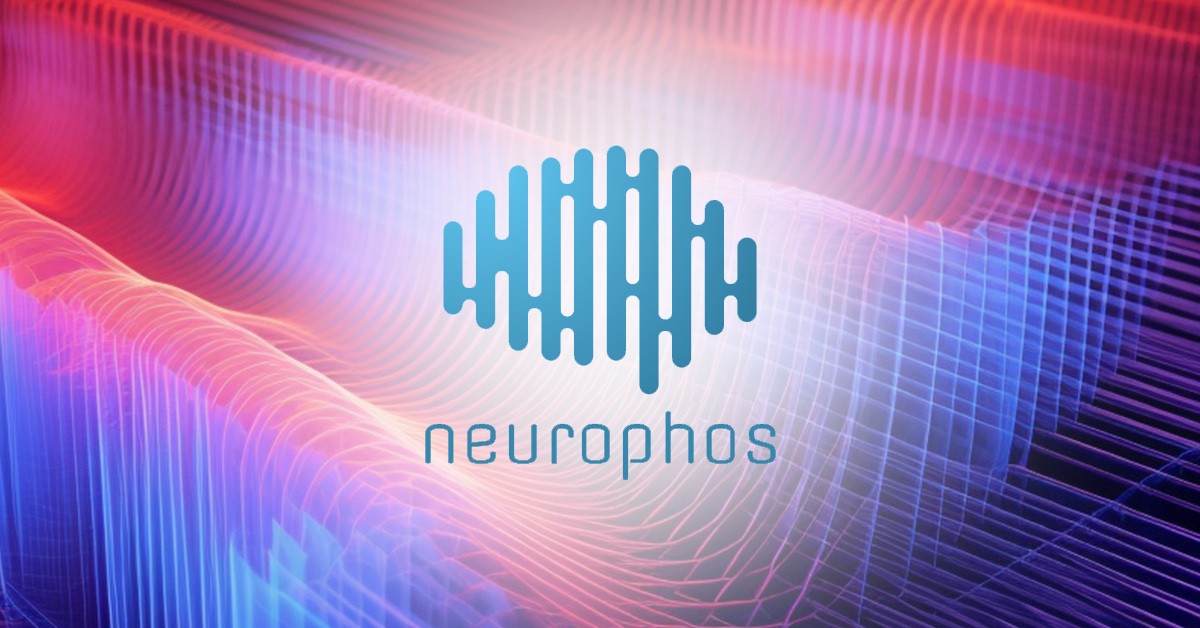
Neurophos, an Austin, TX-based AI computation solutions company in a mission to to productize a breakthrough in metamaterials and optical AI inference chips, raised $7.2M in Seed funding.
The round was led by Gates Frontier and supported by MetaVC, Mana Ventures, and others.
The company intends to use the funds to enable the production of a proprietary metasurface that serves as a tensor core processor enabled by its advanced optical properties.
Led by CEO Patrick Bowen, Neurophos aims to deliver AI computation solutions whose approach combines optical metasurfaces and silicon photonics to create fast, energy-efficient, metamaterial-based optical AI chips for data centers. The company’s metamaterial-based optical modulators are more than 1000 times smaller than those from a standard foundry PDK (Process Design Kit). This enables a technology roadmap to deliver over 1 million TOPS (Trillions of Operations Per Second) of performance.
Neurophos was spun out of Metacept, an incubator led by David R. Smith, James B. Duke Professor of Electrical and Computer Engineering, focused on creating metamaterials-based companies and collaborating with Professor Smith’s research group at Duke University. Neurophos CTO Tom Driscoll previously founded metamaterials-based radar company Echodyne.
Commenting on the news Patrick Bowen said: “The most important factor in optical processors is scaling. Optical processors become both exponentially faster and more energy efficient on a per-operation basis as you make them larger. This means that in a finite chip area, the most important factor is how small you can build the optical devices that compose your processor. By leveraging metamaterials in a standard CMOS process, we have figured out how to shrink an optical processor by 8000X, which will give us orders of magnitude improvement over GPUs today.”
